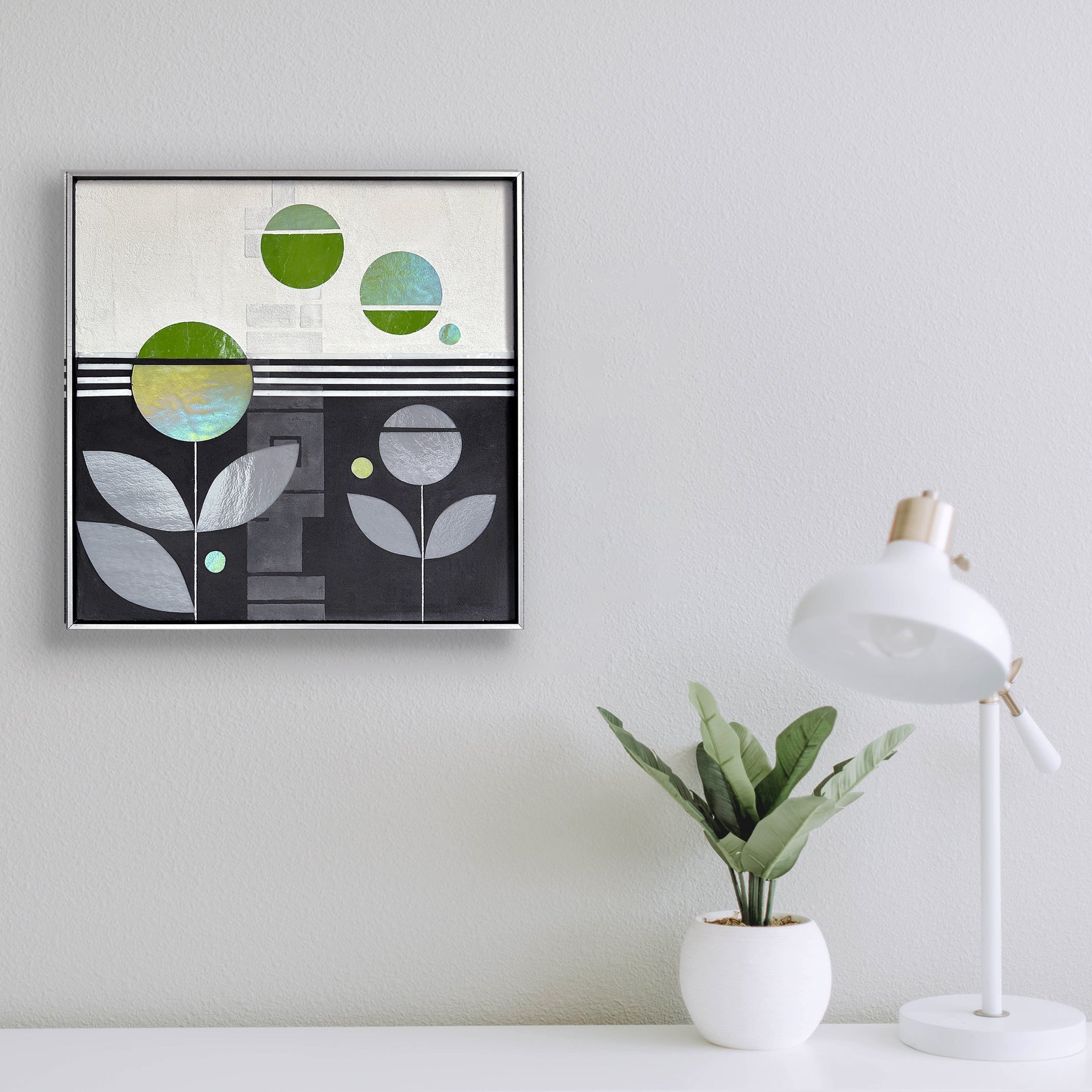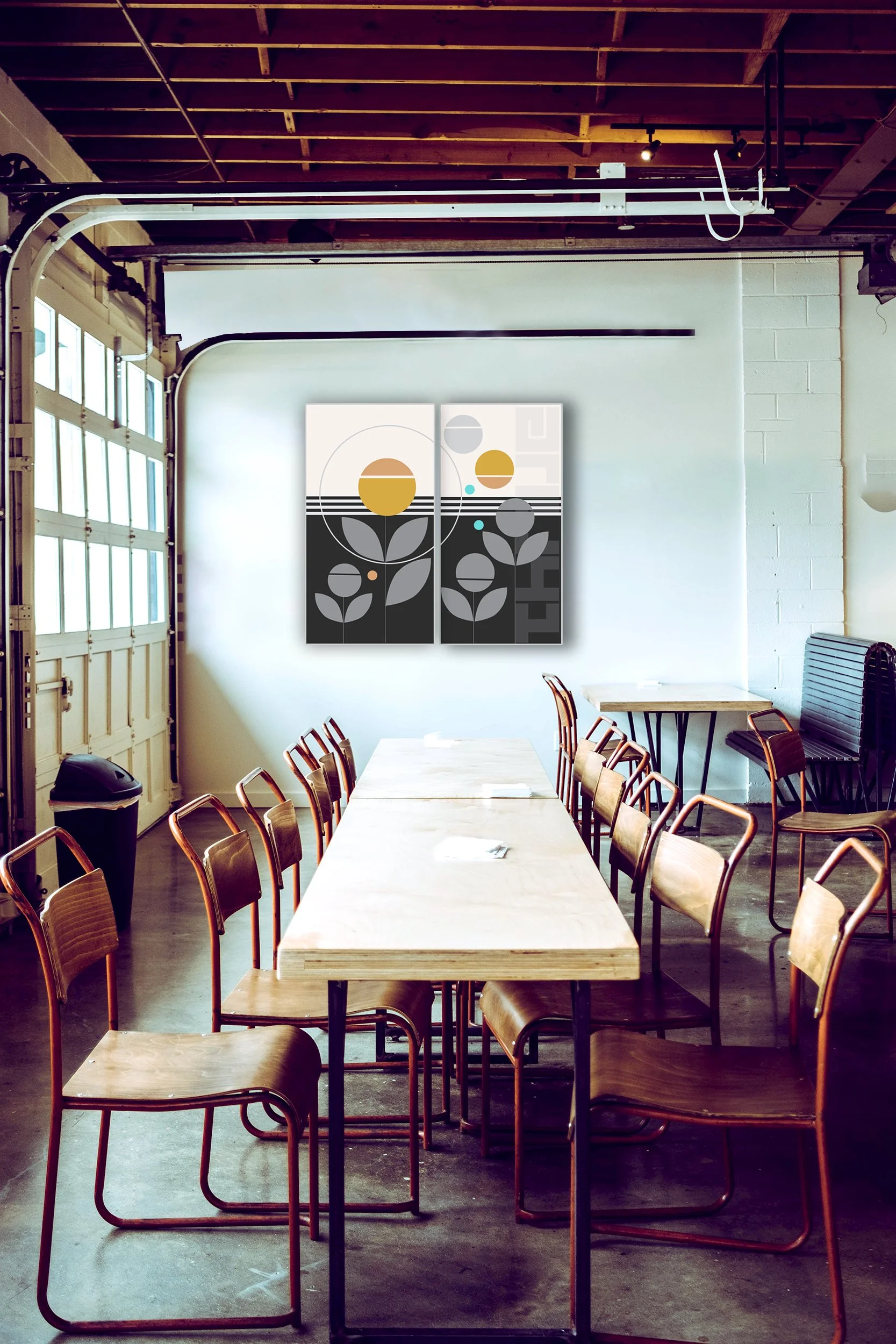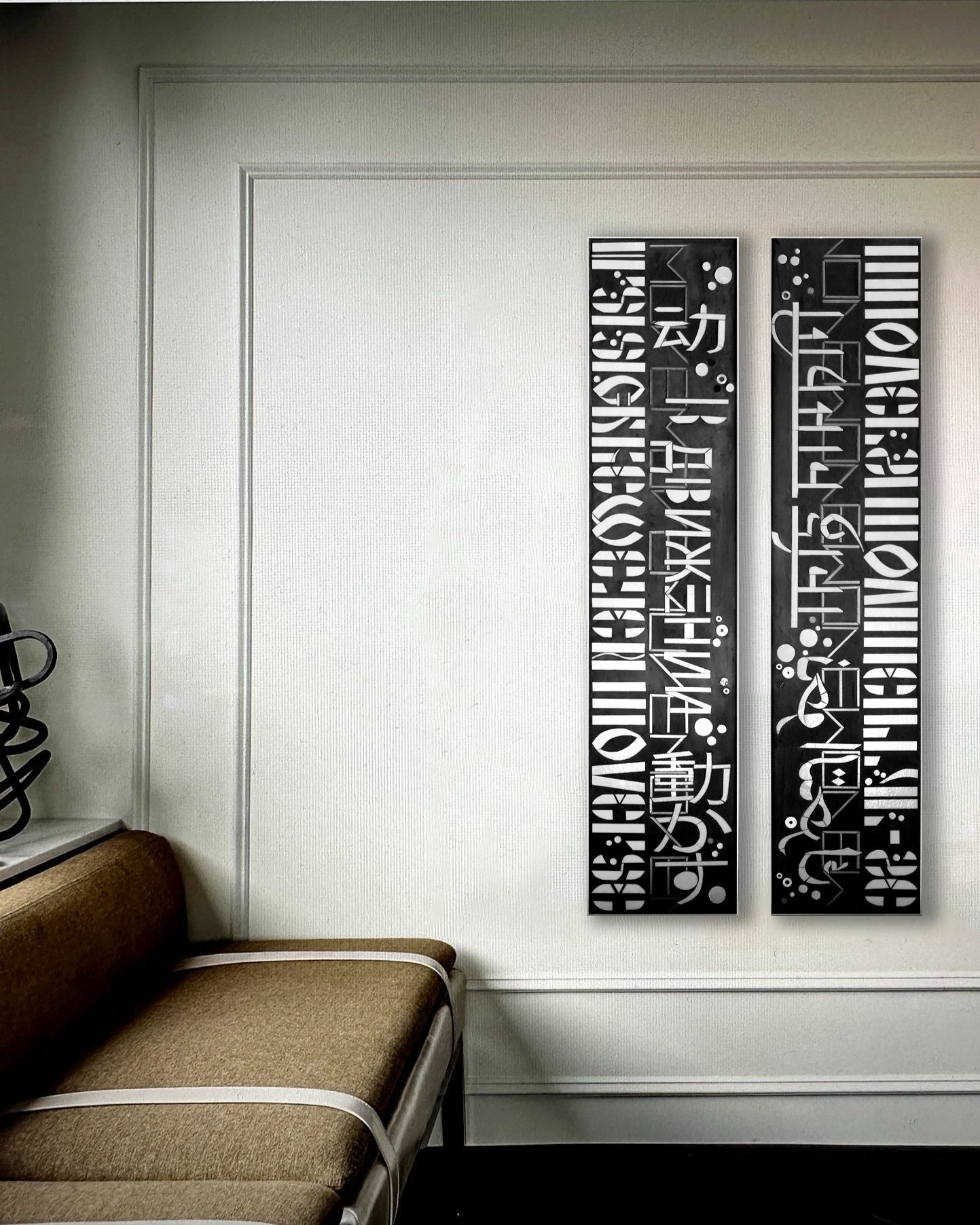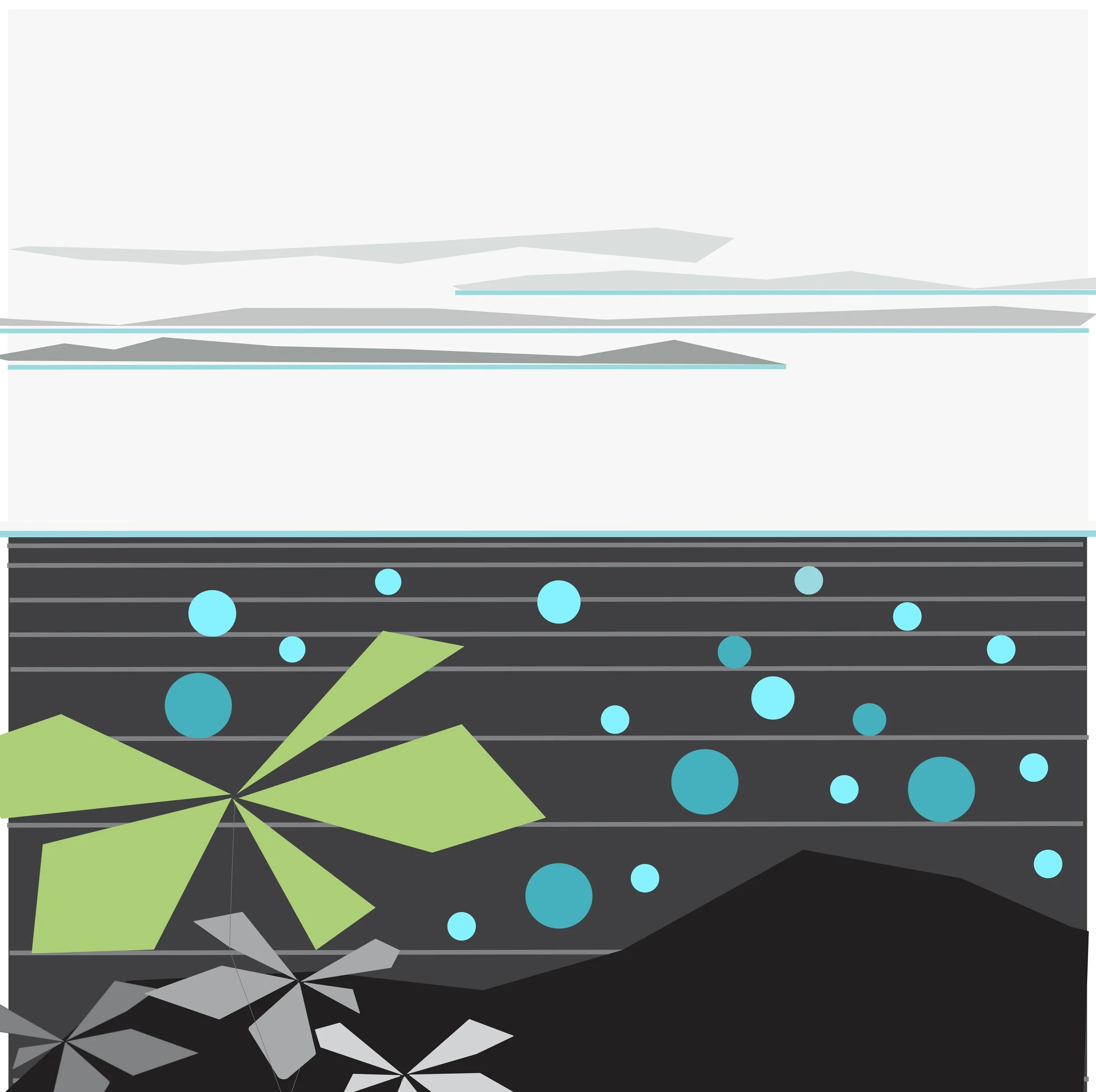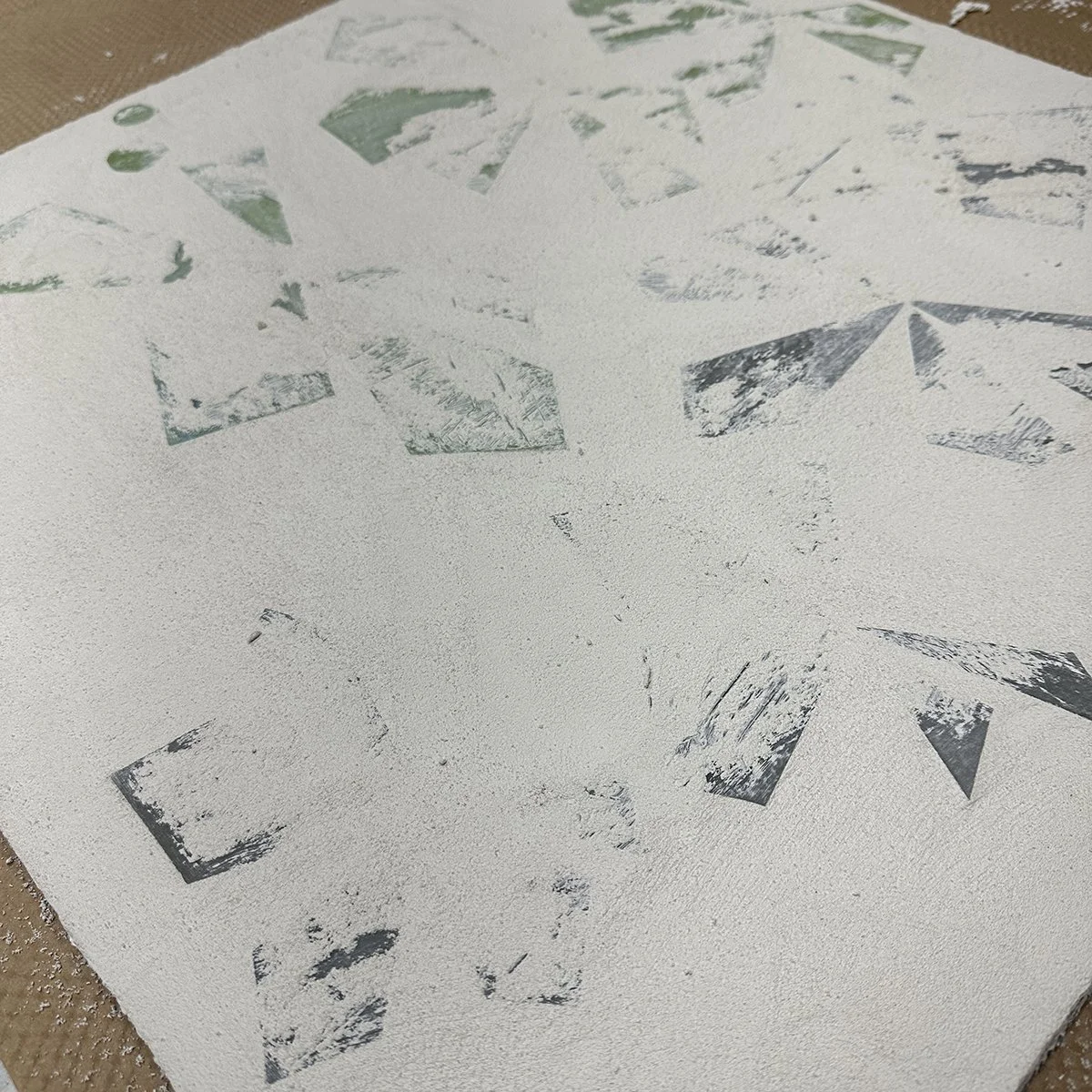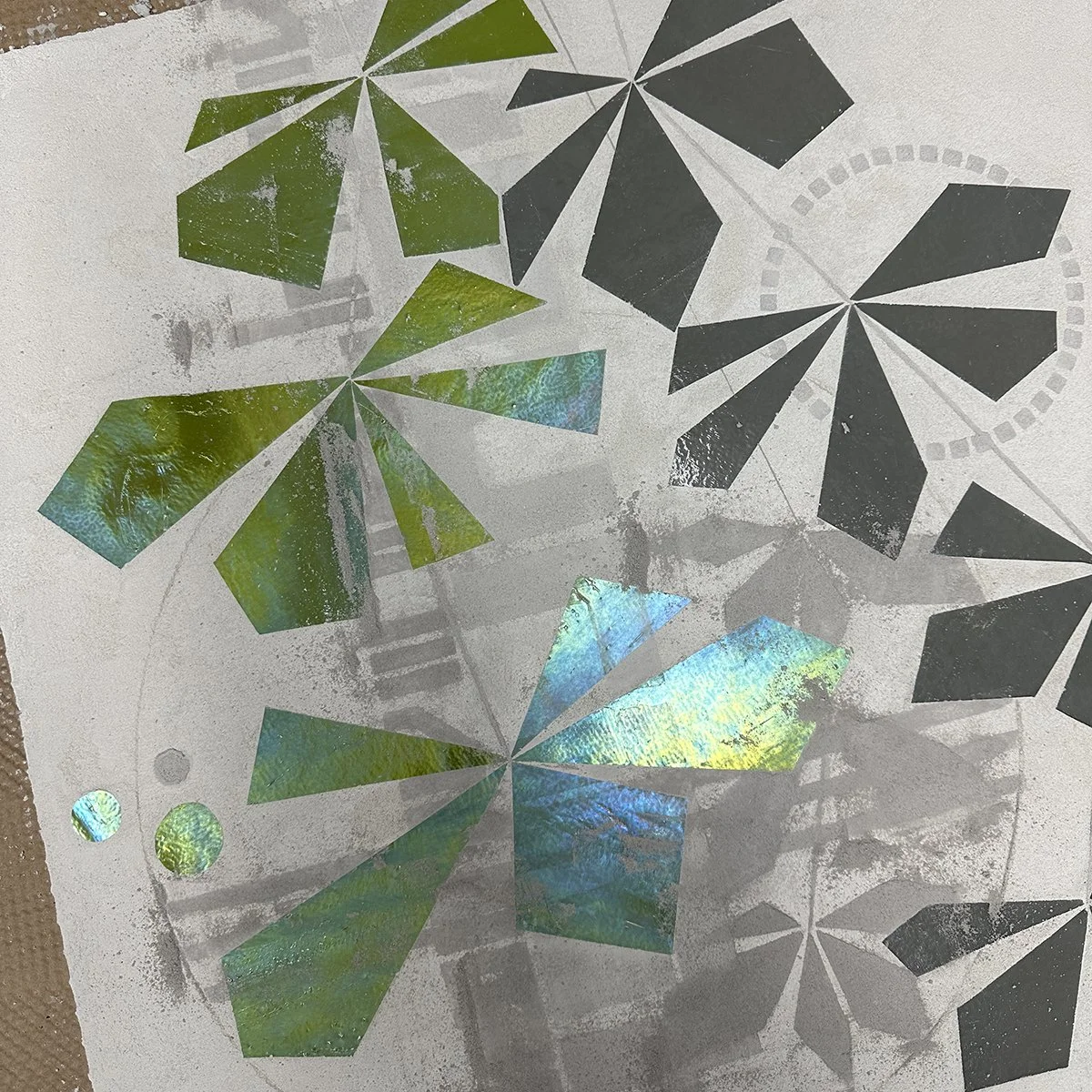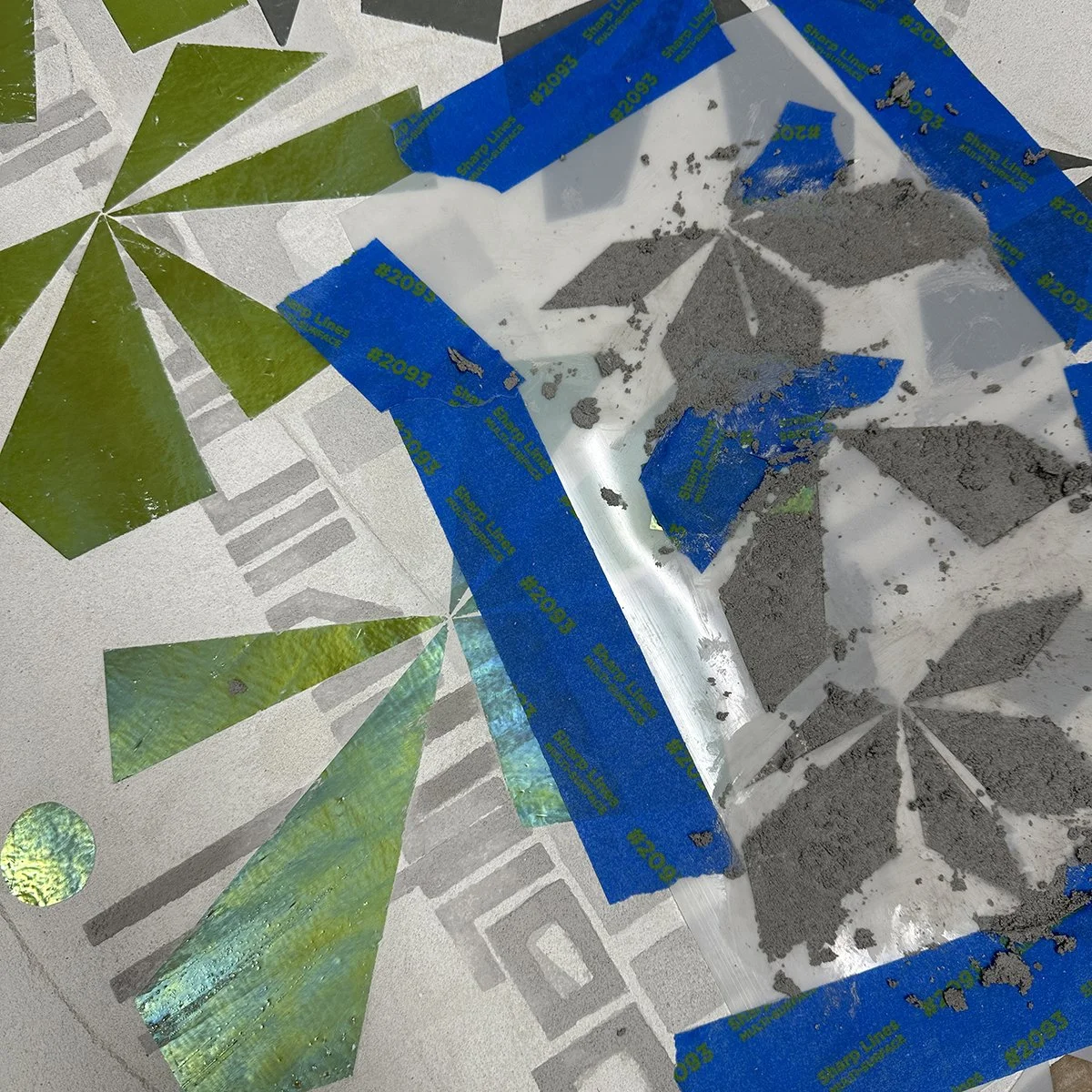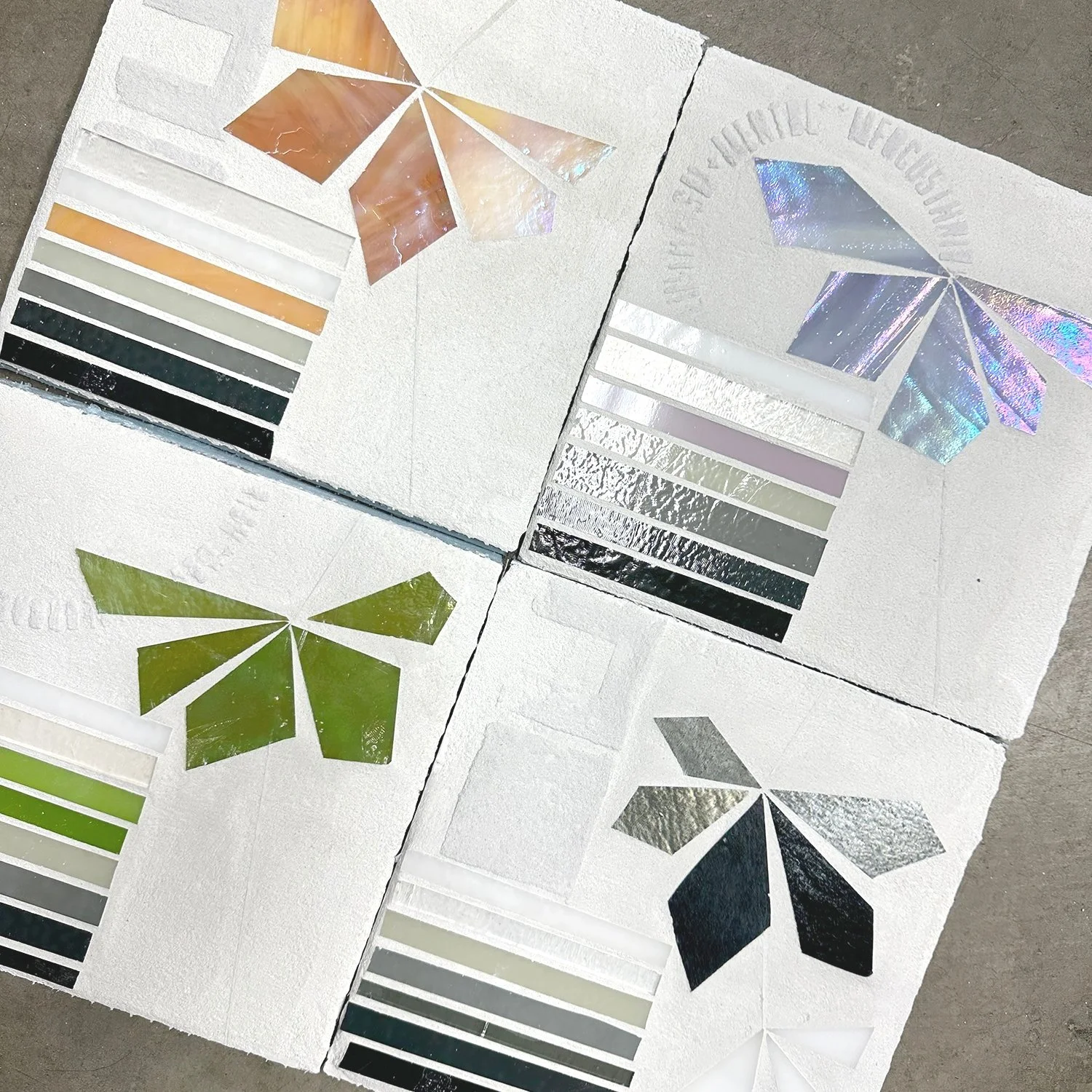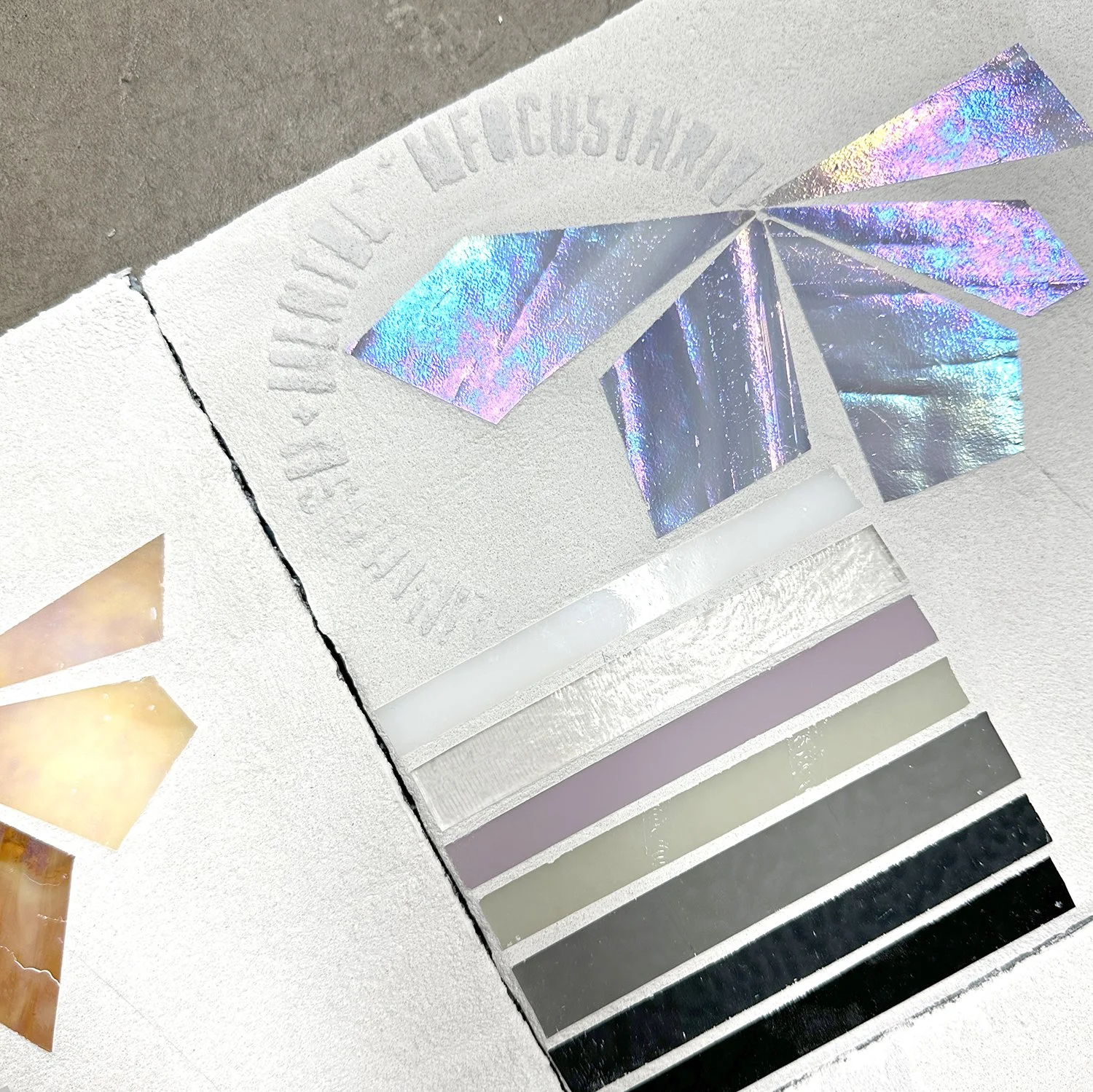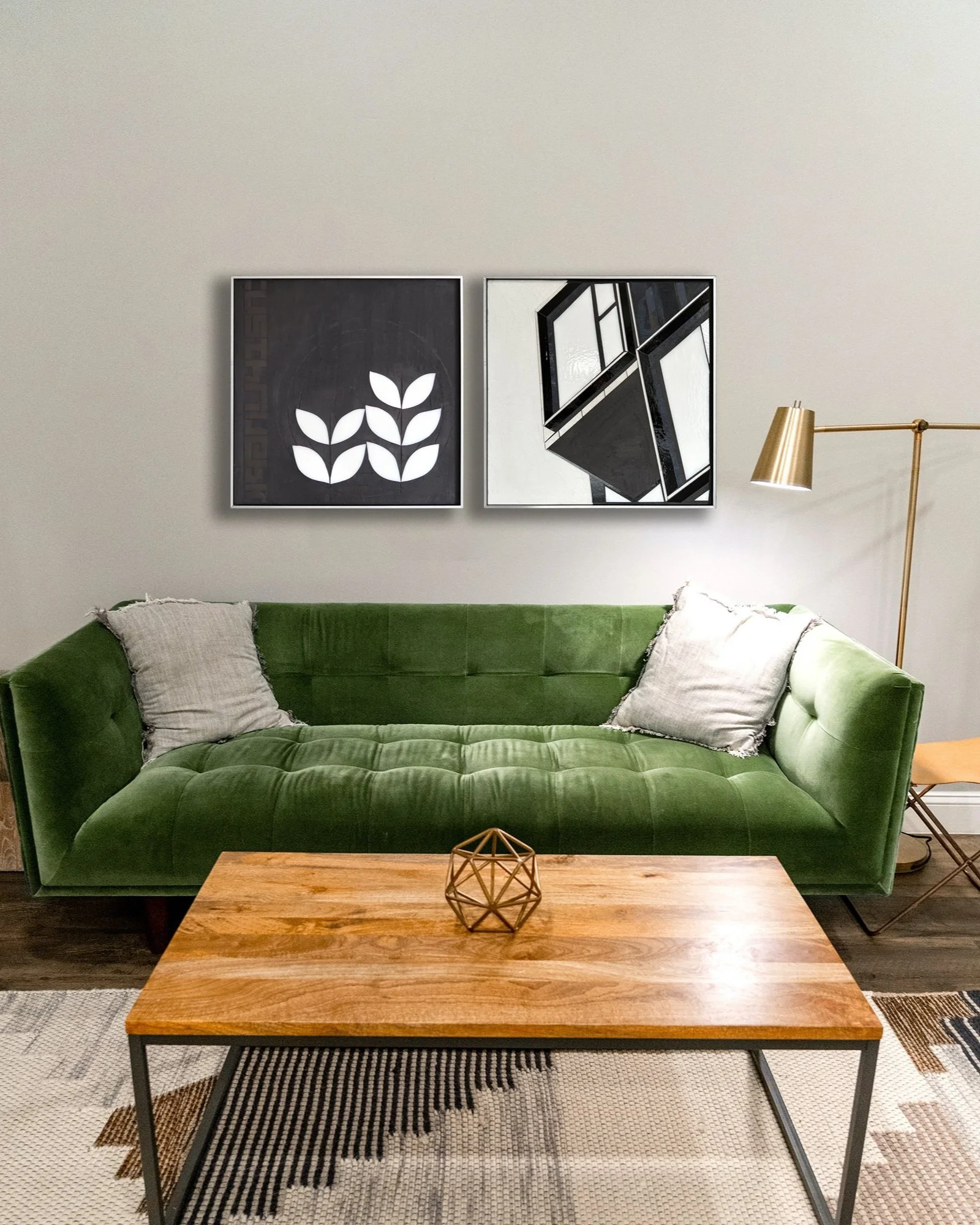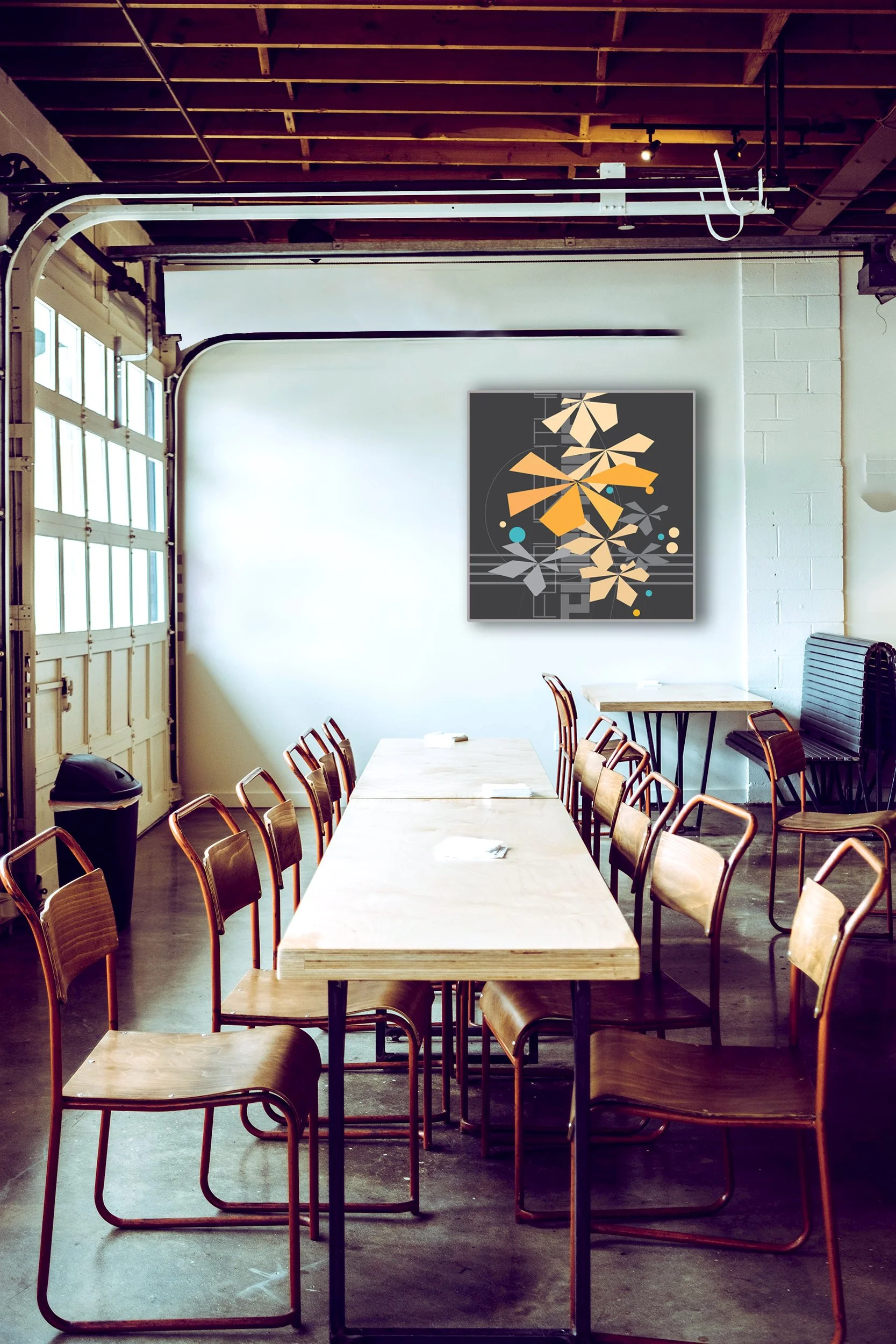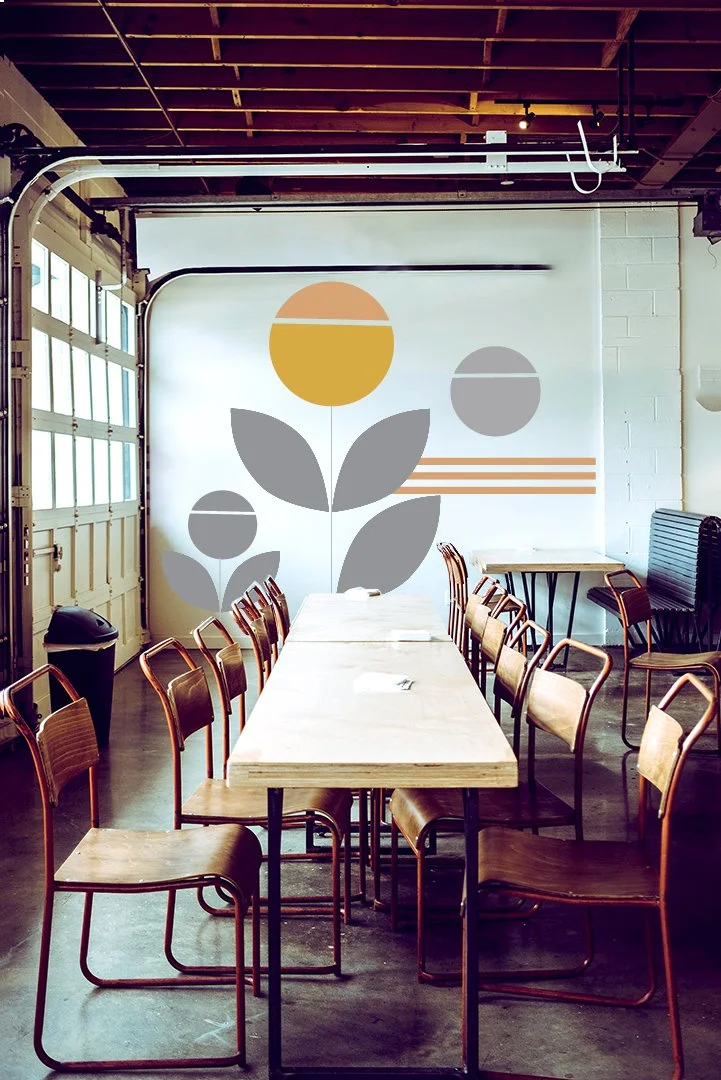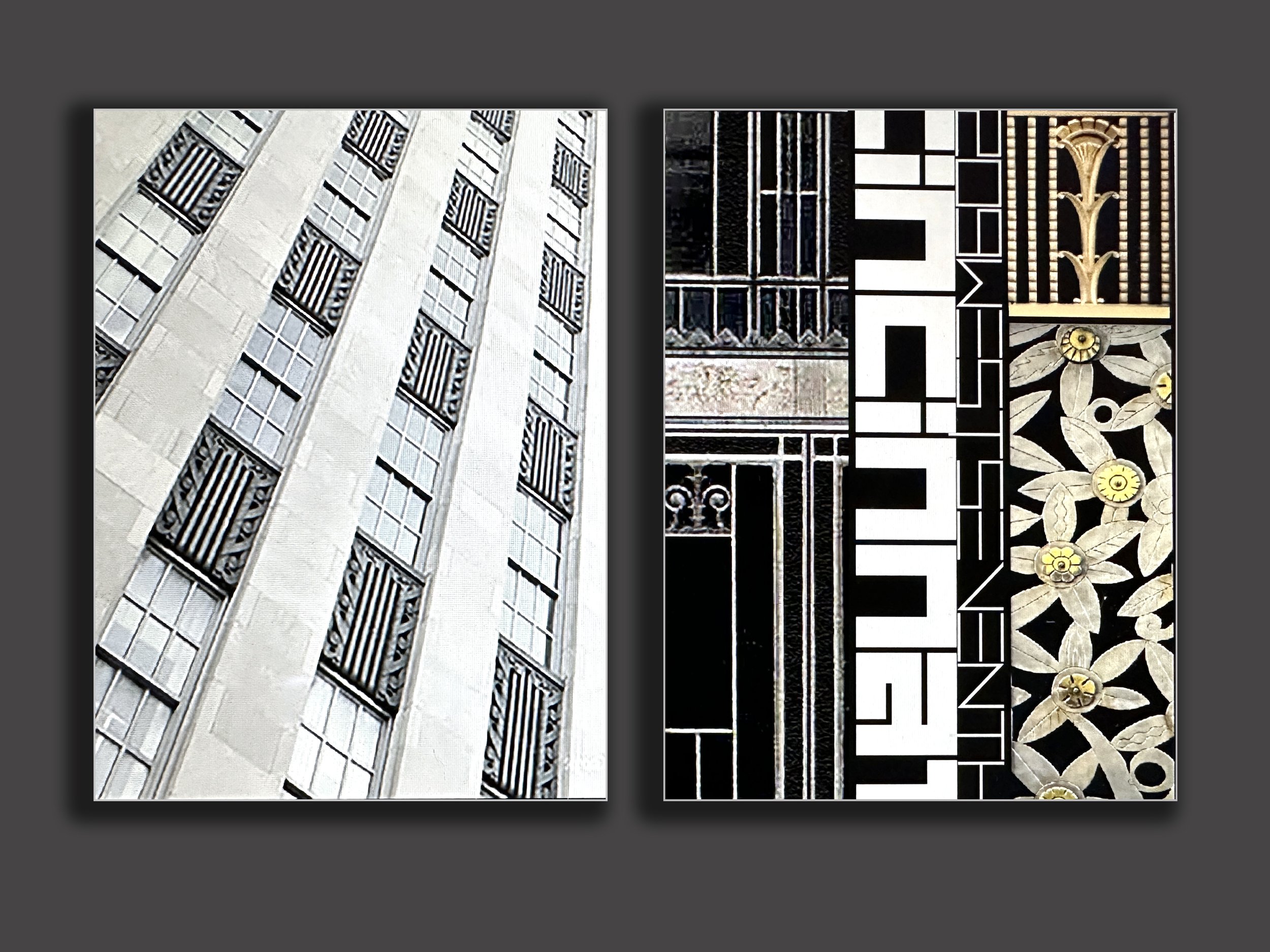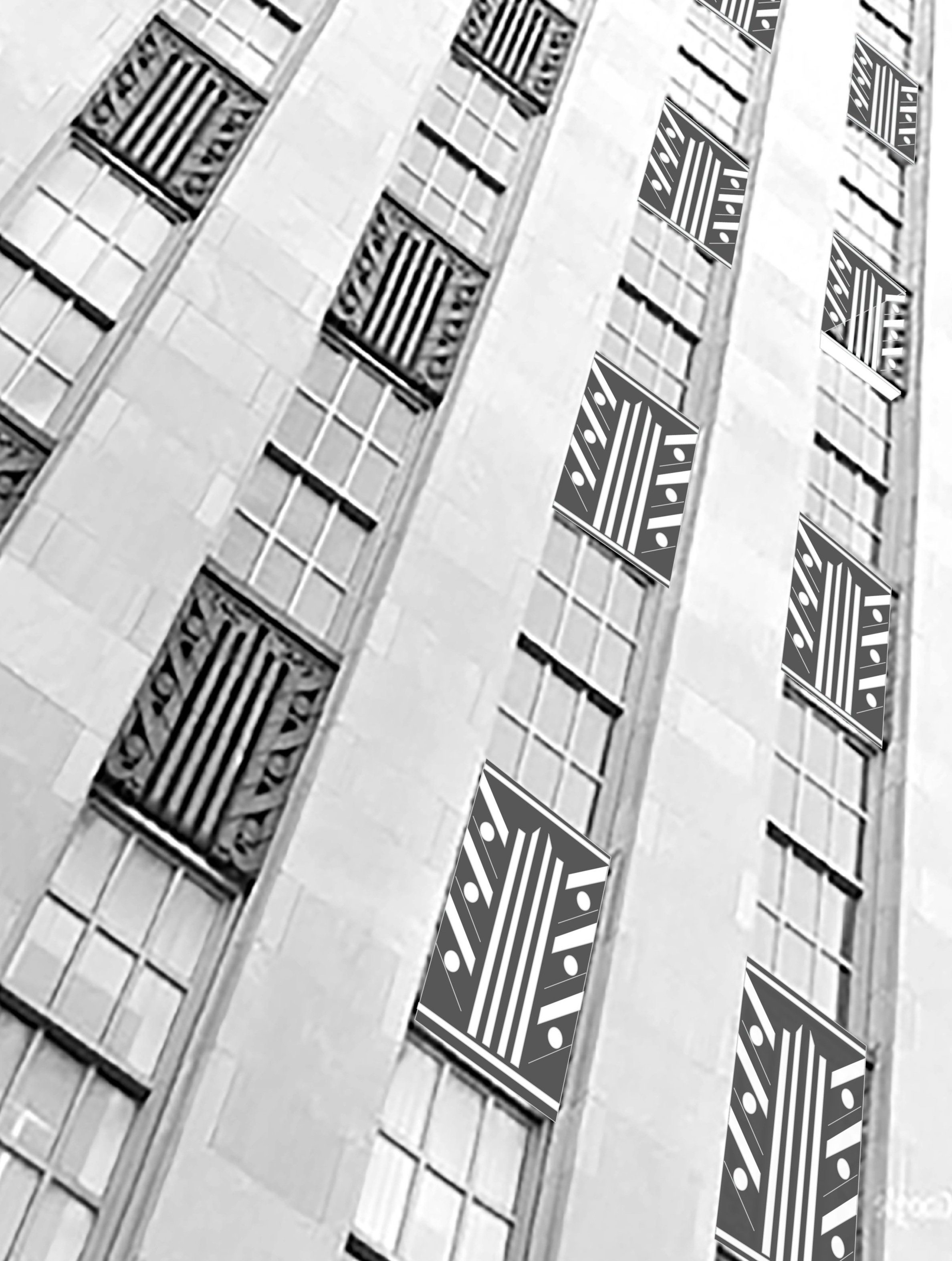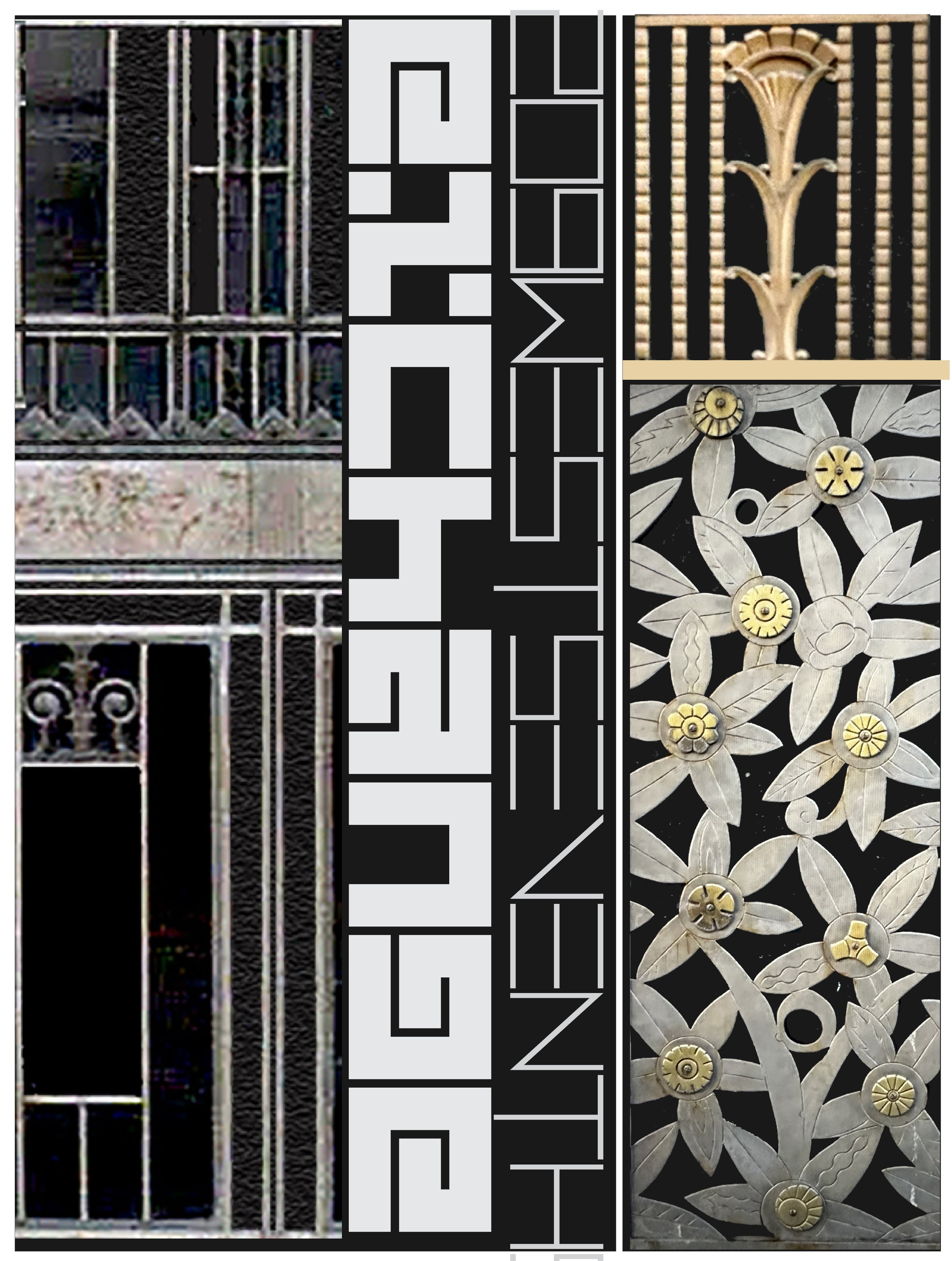Several things are coming together in Grow5.0. Nature thriving in city. Clean line urban aesthetic to simplify nature’s astounding complexity. Dark+light contrast, concrete textures and structures, text fragments and layers and shimmering color all create endless possibility. I’m ready to exlore how these can work in new canvas proportions.
rendering grow5.1 20”x20” hand cut glass + paint c Heather Hancock 2023
drawing | grow5.0 30”h x 40”w c Heather Hancock 2023
drawing | grow5.0 30”h x 40”w c Heather Hancock 2023
rendering grow5.1 20”x20” hand cut glass + paint c Heather Hancock 2023
rendering | Grow vertical panels c Heather Hancock 2023
urban beauty | 4 approaches c Heather Hancock 2023
